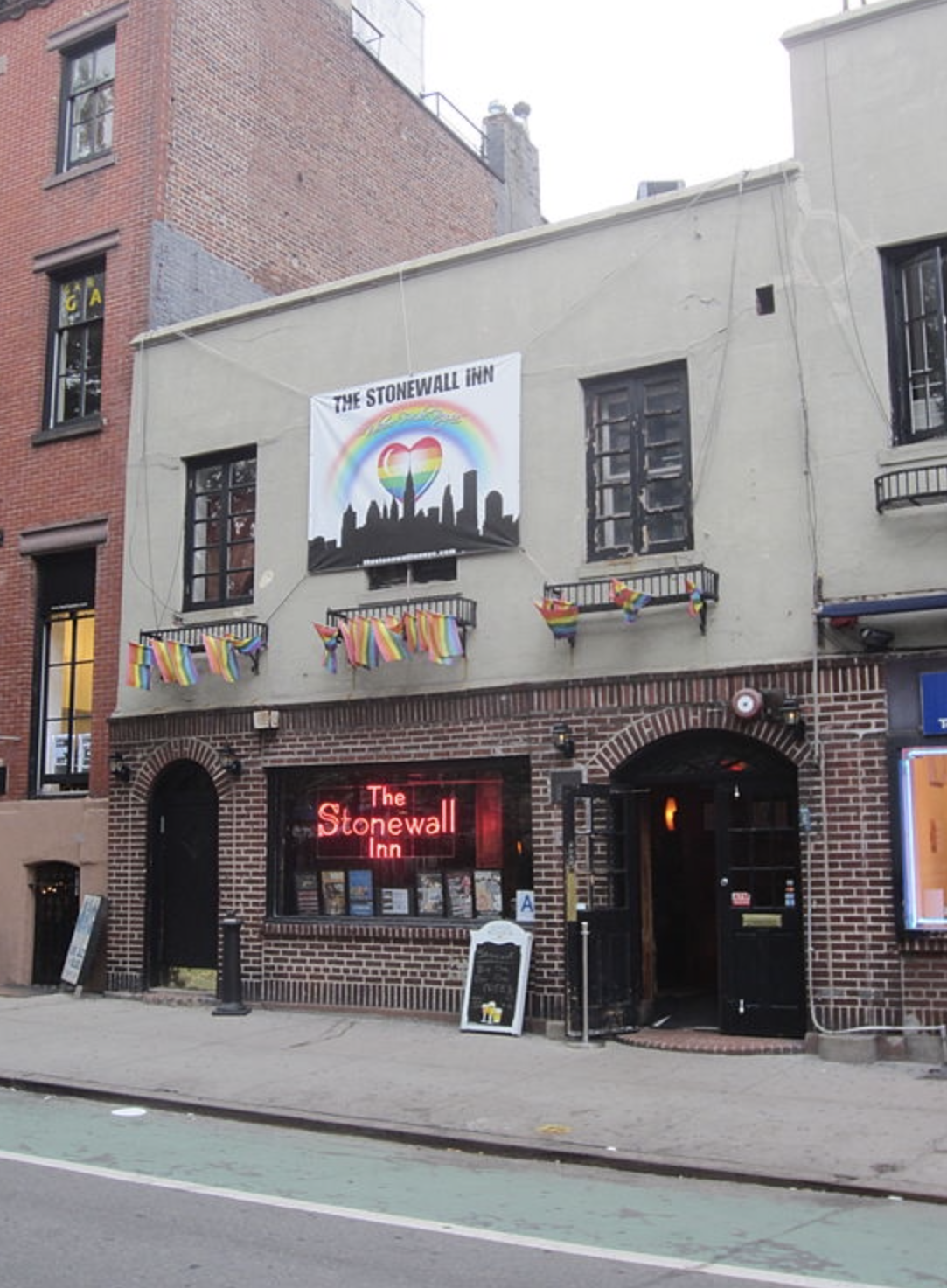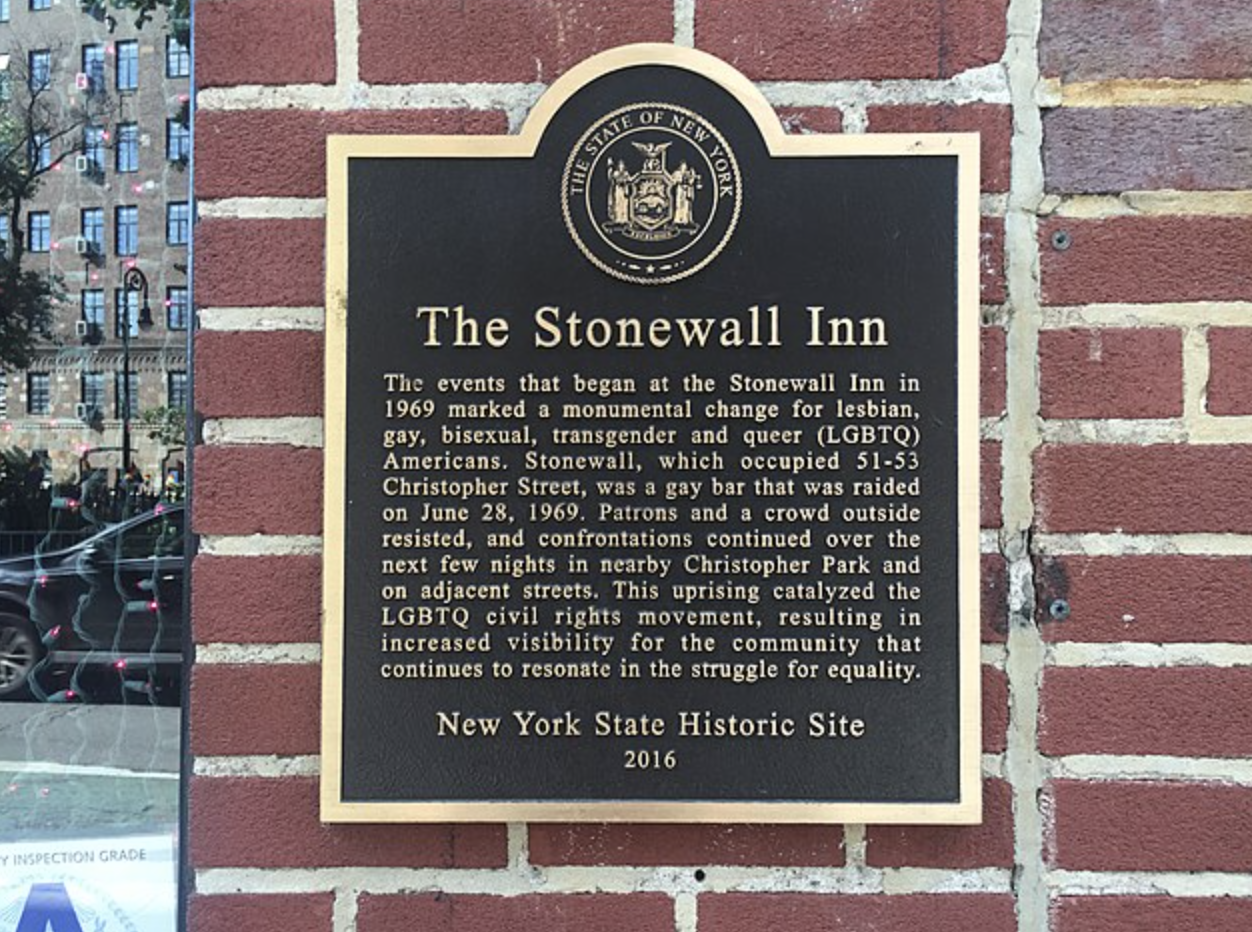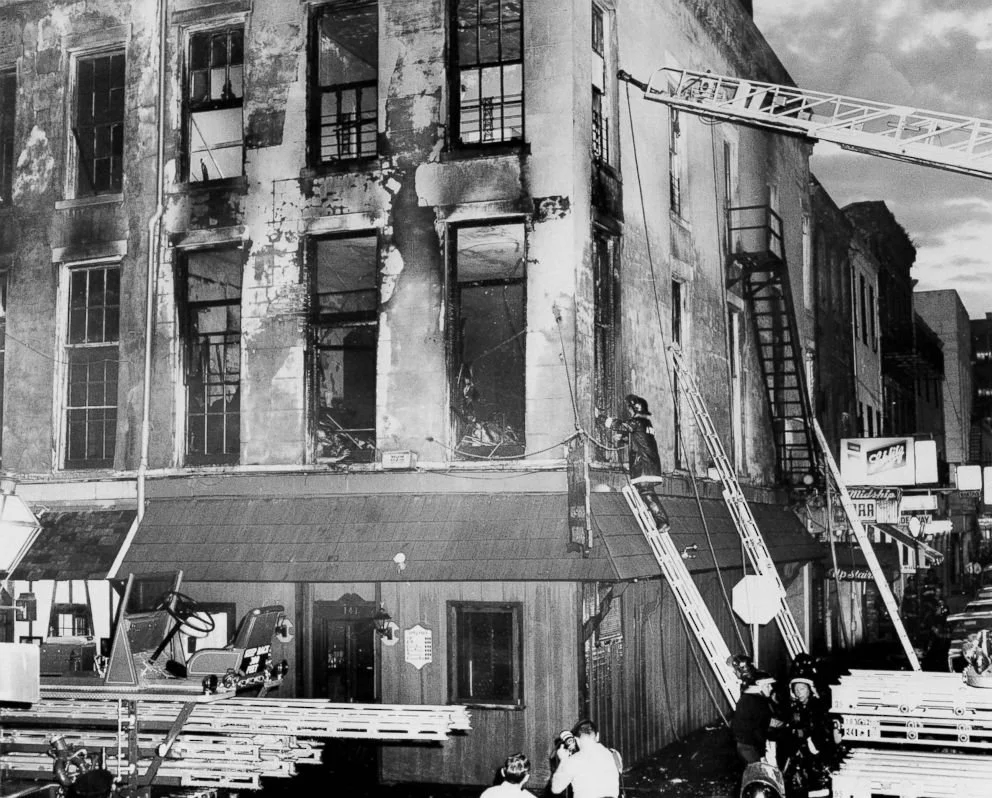The Mafia and The Stonewall Inn
In the state of New York, serving alcohol to anyone in the LGBTQ+ community was illegal. This meant bars across the state, especially across New York City, were raised by police. With a blatant disregard for government rules, the Mafia held a near-monopoly on gay bars in New York City.
The Mafia controlled nightlife in New York City since the end of prohibition. They noticed a gap in customers they could be serving. Taking their experiences running speakeasies during prohibition, they used these tactics to pay off police departments so they would look the other way.
Although they did own and operate these bars, they could not be considered allies to the LGBTQ+ community. Many were homophobic and some only tolerated the LGBTQ+ community based on financial interests, and “separated their lives from business affairs.” The mob held a near-monopoly on gay bars around New York City.
This was no different for the Stonewall Inn, which was owned by various members of the Genovese crime family. In exchange for protection from the mob, patrons had to put up with cheap watered-down alcohol and bootleg cigarettes that were ridiculously priced. There were no fire exits, no running water, and the toilets routinely overflowed. Despite these issues, Stonewall Inn began to thrive as one of the largest gay bars in America.
Even though mobsters paid the 6th precinct of the NYPD $1,200 a month, bar owners had to allow the police to “show raids” to appease neighbors, allowing a handful of patrons to be arrested. Those who weren’t arrested were often blackmailed by the mob themselves.
The owners of these bars were tipped off before the police came, allowing the owners to choose a time when a small number of customers were present. Most chose the afternoon, allowing the bars to be up and running by the evening.
By 1966, regulations surrounding the sale of alcohol to the LGBTQ+ community were overturned. Although activists achieved this goal, holdings hands, kissing, or dancing with someone of the same sex was still illegal, so police harassment continued.
New York’s LGBTQ+ community refused to put up with this treatment any longer. According to Phillip Crawford Jr., author of The Mafia and The Gays, “The mob’s exploitation of the gay community was among the reasons for the 1969 protests outside the Stonewall Inn.”
On June 28, 1969, the bar was not tipped off about the incoming raid. With a warrant in hand, police officers entered the Stonewall Inn and arrested thirteen people, and “roughed up” many others. This included employees, and those who were violating the state’s gender-appropriate clothing statute. Female officers took patrons into the restrooms to verify their biological sex.
While placing a lesbian woman into a police car, an officer hit her over the head. She shouted for the growing crowd to act. The crowd began throwing bottles, pennies, and other things they could get ahold of at police.
Within minutes, a full-blown riot involving hundreds ensued. A few prisoners and a writer for the Village Voice barricaded themselves inside the bar, which the mob attempted to set on fire after breaching the barricade repeatedly.
While the fire department and a riot squad were able to douse the flames and rescue those who’d barricaded themselves inside the bar, they were able to disperse the crowd. Protests continued in the area for five more days.
Today, the Stonewall Inn riots are considered a galvanizing force for LGBTQ+ activism. It led to multiple groups forming, such as the Human Rights Campaign, GLAAD, and PFLAG, amongst many others. In 2016, President Barack Obama designated the Stonewall Inn as a national landmark, the first national monument to tell the struggle for LGBTQ+ rights.
Two of the main gay-rights organizations which were formed after the Stonewall Riots, the Gay Activists Alliance and the Gay Liberation Front, advocated for getting the mob out of LGBT+ bars.
There is some evidence to say that the Genovese and Gambino crime families still have a hand in some establishments. Most gay bars today are run by legitimate business interest. The near-monopoly was broken in the 1980s when federal prosecutors aggressively targeted the Mafia.







